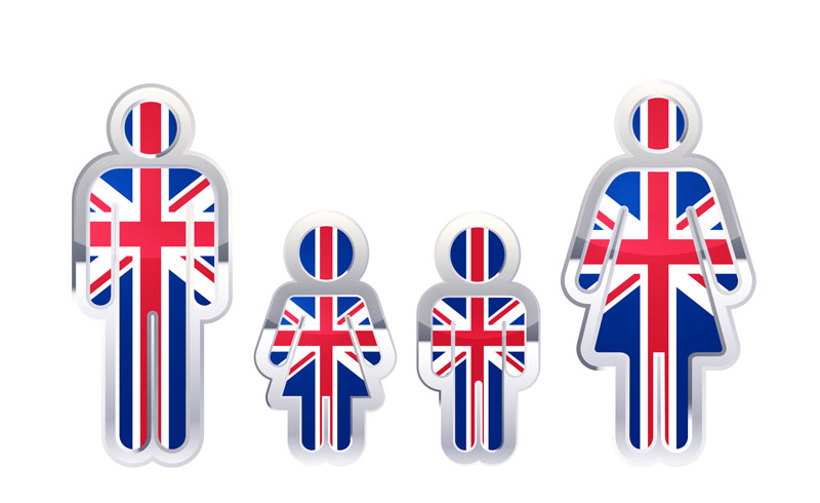
Regulation 8(2) of the EEA Regulations 2016 defines “Extended family member” and details the condition upon such an individual who is applying for residence document. It states the individual must evidence that he or she “has joined the EEA national in the United Kingdom and continues to be dependent upon the EEA national, or to be a member of the EEA national’s household.”
The interpretation had previously been that the extended family member must continue to be dependent on the EEA national (or a member of the same household) at the time of application. This would allow for a gap in dependency for a previous period, so long as at the time of application they could evidence dependency on the EEA national.
However, the recent case law of Chowdhury (Extended family members: dependency) [2020] UKUT 188 (IAC) has resulted in a much more detrimental interpretation. In this case, the Immigration Judge held that an extended family member must evidence continuous dependency on the EEA national from the date of entry to the UK until date of application. As such, it was considered that the ability of the EEA national to exercise free movement rights was not dependent on the ability of the extended family member to remain in the UK.
Following this case, a break in dependency is likely to result in an initial refusal of application for residence documentation.
This decision represents both a controversial and radical departure from what had been understood to be the position in law. The practical affect is that many applications, which in the past would previously been successful, now stand to be refused. It may be that this decision is appealed but in the meantime this is the basis upon which the UKVI will assess applications.
We have a wealth of expertise in both EEA Regulations and EU Settlement Scheme applications. If you require any advice or assistance with such an application please contact us.
Take the next step
- Call us on 0131 226 5151
